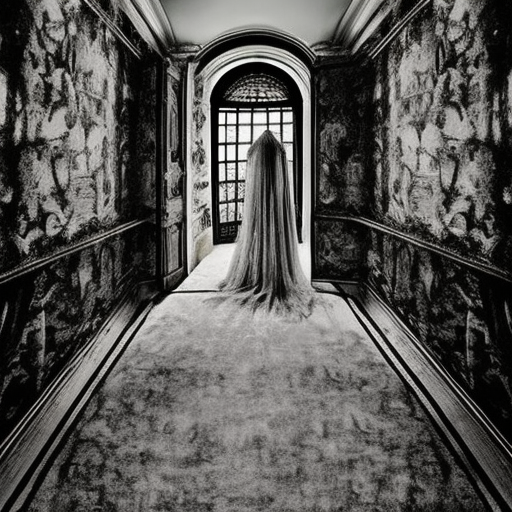Summary of “Rebecca” by Alfred Hitchcock
One-line summary:
“Rebecca” is a suspenseful psychological thriller directed by Alfred Hitchcock, based on Daphne du Maurier’s novel, about a young woman who becomes haunted by the memory of her husband’s deceased first wife.
Main Cast and Crew:
- Director: Alfred Hitchcock
- Writer(s): Robert E. Sherwood, Joan Harrison
- Key Actors: Laurence Olivier as Maxim de Winter, Joan Fontaine as the unnamed protagonist, Judith Anderson as Mrs. Danvers
- Music Director: Franz Waxman
- Director of Photography: George Barnes
- Producers: David O. Selznick
Plot:
“Rebecca” follows a young woman (played by Joan Fontaine) who falls in love with and marries the wealthy widower Maxim de Winter (Laurence Olivier). They move to Manderley, his grand estate in Cornwall, England. However, the shadow of Maxim’s first wife, Rebecca, looms large over their relationship. The protagonist, haunted by the memory of Rebecca, struggles to find her place in the household, especially under the watchful eye of the sinister housekeeper, Mrs. Danvers (Judith Anderson).
As the story unfolds, the protagonist learns more about Rebecca’s mysterious death and the secrets that surround her. She discovers that Rebecca had a profound impact on everyone at Manderley, including Maxim’s sister, Beatrice (Gladys Cooper), and her husband, Jack Favell (George Sanders). The protagonist becomes increasingly obsessed with uncovering the truth about Rebecca’s death, leading to a climactic confrontation that reveals shocking revelations and changes the course of everyone’s lives.
Themes and Motifs:
“Rebecca” explores themes of identity, obsession, and the power of memory. The unnamed protagonist struggles to establish her own identity in the face of Rebecca’s lingering presence. The motif of the grand estate, Manderley, symbolizes the weight of the past and the oppressive atmosphere that engulfs the characters. The film also delves into themes of jealousy, manipulation, and the destructive nature of secrets.
Reception and Legacy:
Upon its release in 1940, “Rebecca” received critical acclaim and commercial success. It won two Academy Awards, including Best Picture, and was nominated for eight others. The film’s atmospheric cinematography, gripping storyline, and Hitchcock’s masterful direction were widely praised. “Rebecca” remains one of Hitchcock’s most celebrated works and a classic of suspense cinema.
The film’s influence can be seen in subsequent psychological thrillers and gothic dramas. Its portrayal of a haunted protagonist and the exploration of repressed desires have become recurring motifs in Hitchcock’s filmography. “Rebecca” also paved the way for future adaptations of Daphne du Maurier’s works, solidifying her status as a prominent author in the realm of psychological suspense.
Recommendation:
“Rebecca” is a must-watch for fans of Alfred Hitchcock and lovers of suspenseful cinema. With its atmospheric setting, memorable performances, and a gripping storyline filled with twists and turns, the film keeps viewers on the edge of their seats until the very end. It is a timeless classic that continues to captivate audiences with its psychological depth and haunting atmosphere.
Memorable Quote:
Mrs. Danvers: “You thought you could be Mrs. de Winter, live in her house, walk in her steps, take the things that were hers! But she’s too strong for you. You can’t fight her – no one ever got the better of her. Never! Never! She was beaten in the end, but it wasn’t a man, it wasn’t a woman. It was the sea!”












